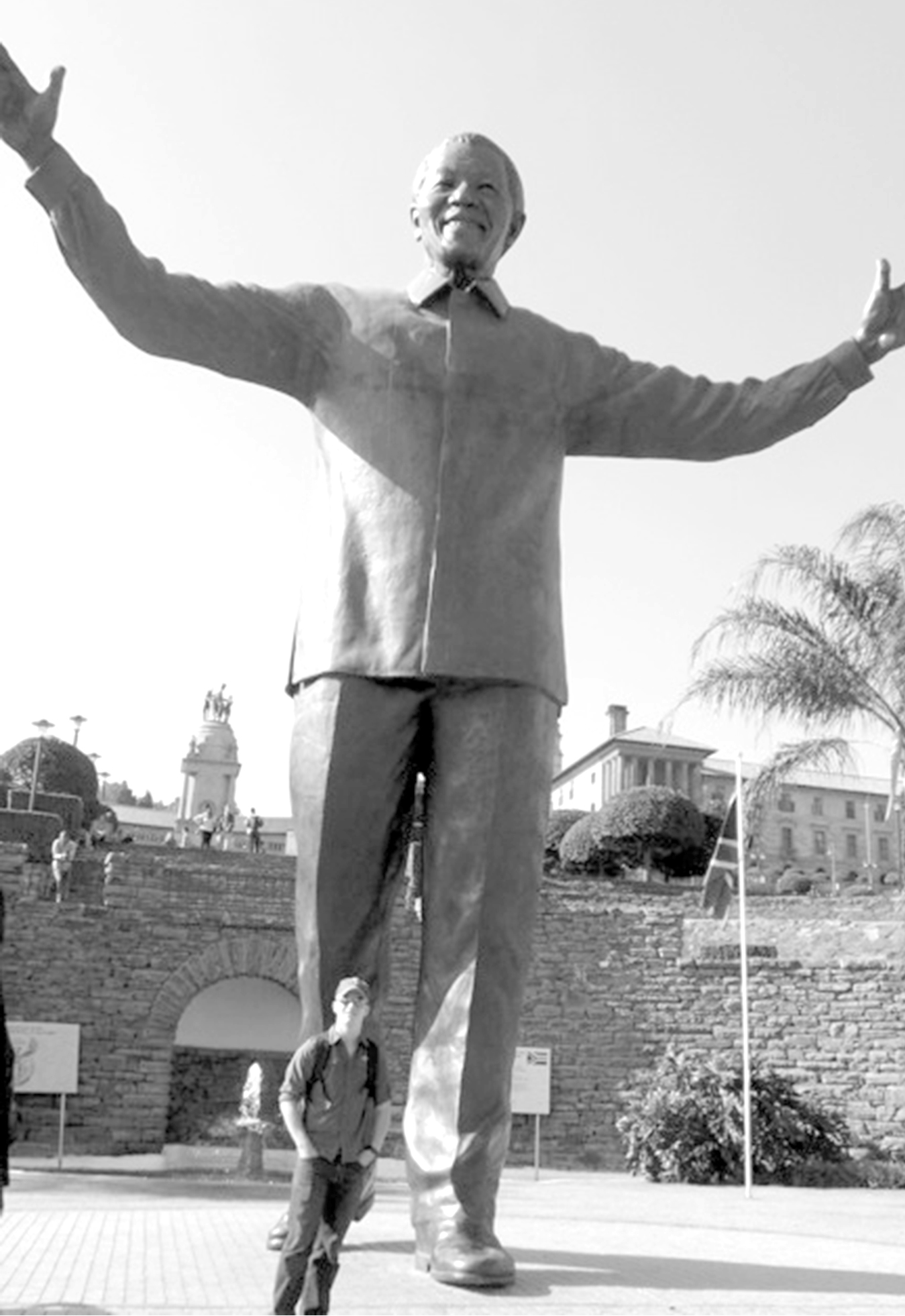Tales from Abroad is an ongoing section in which Gustavus students share the highlights of their study abroad experiences.
It’s hard writing an article like this about Nelson Mandela for two reasons.
First, I don’t want it to sound contrived or cliché because the first thing everyone thinks of when they think of South Africa is Nelson Mandela. I’ve learned over the past three weeks that while Mandela was a quintessential part of the struggle to deconstruct the Apartheid government, he was not alone. There were several Mandela’s over South African history, dead and alive. Mandela himself just happened to be the one who became the first president. It’s like trying to explain American history by only citing George Washington, there’s so much more to the story.
While there were others who contributed to the struggle, so much has already been said about Nelson Mandela in the United States. But even with all that textbook knowledge, what I have to say about the man doesn’t nearly cover the legend the man was.
I’m reading Long Walk to Freedom: The Autobiography of Nelson Mandela and while it is 600 pages long, I cannot put it down. The part I found most fascinating when I first reached South Africa was the image Mandela had even prior to his death last year.
I made reference to George Washington earlier and I’ll use it again. The struggle Mandela and many others in the ANC fought against is a modern day fight for freedom the Founding Fathers of the U.S. faced.
Back then it was for freedom of life, liberty, and the pursuit of happiness. Twenty years ago in South Africa is was for the same thing. Of course there are differences and the results for both were vastly different, and yet it’s fun to see South Africa as more similar that it is different.
In 1776, The Founding Fathers, in the eyes of the British government were considered perpetrators of treason, terrorists inciting a rebellion. But we see them as the builders of our country, the ones willing to give up their lives so that others may live in a free world.
The same can be said about Nelson Mandela and the ANC prior to the end of Apartheid. A more liberal friend of mine insists on reminding me every chance he gets that Nelson Mandela was a target of the CIA for decades, that the organization may have been involved in his capture and imprisonment, and that Mandela was only taken off the Nations Most Wanted list by Condoleezza Rice in 2001.
It just goes to show how history is interpreted by the ones who end up in power. One man’s terrorist is another man’s freedom fighter. To some people, as crazy as it may seem, Osama Bin Laden was a freedom fighter. I have a lot of friends in the Army who would respectfully disagree. We, as a country with immense power, should have the knowledge and wisdom to discern the Mandelas from the Bin Ladens and the humility and responsibility to admit it when we get it wrong.
Nonetheless, its hard to truly understand the meaning of a man or woman like Nelson Mandela because it seems like such a long time ago that we as a country were in their shoes.
But the very same way Abraham Lincoln sits in his memorial in D.C. Mandela stands high in Pretoria representing a part of a struggle necessary to make a country strive in 20 year old freedom.
-Connor Haugen
